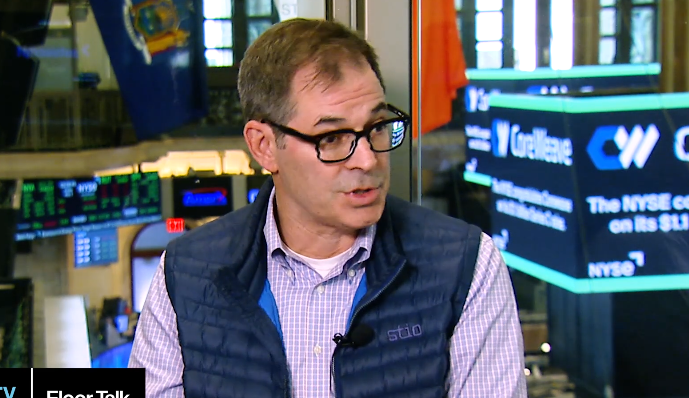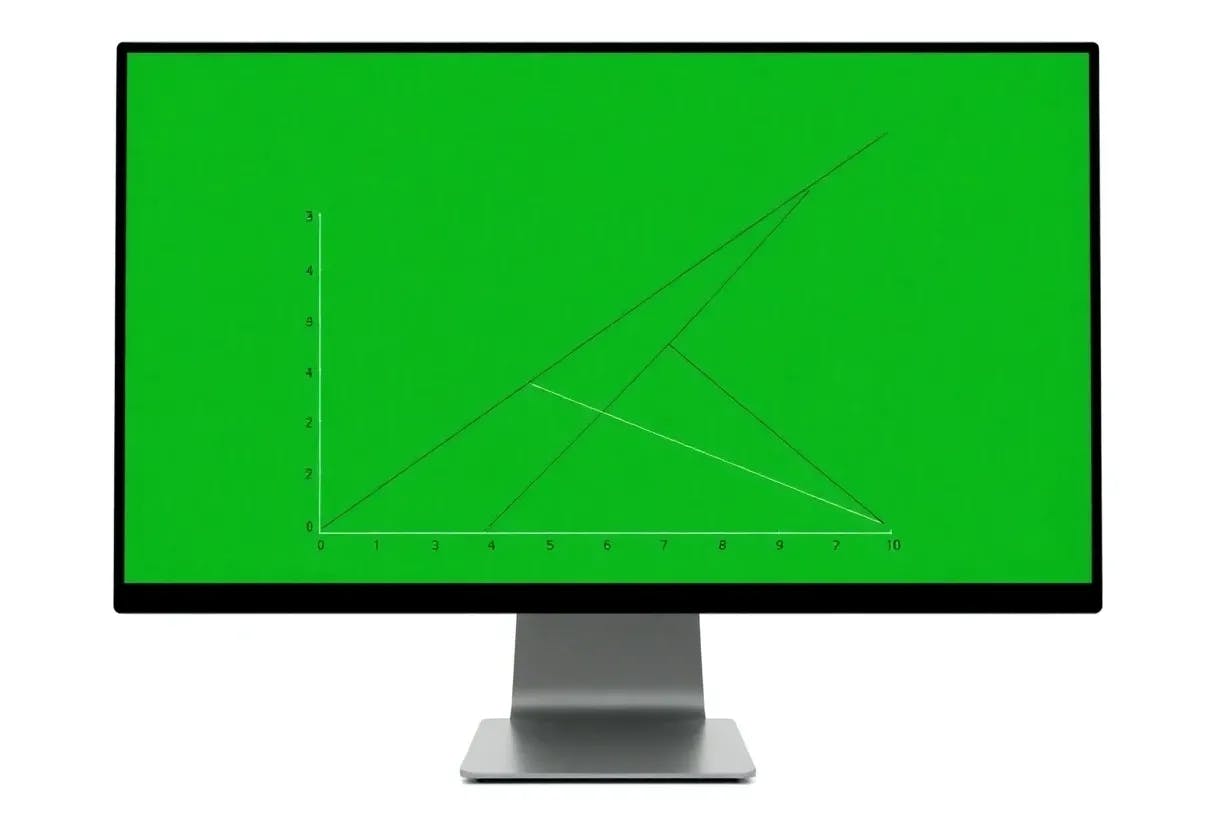Shares of the artificial intelligence cloud data center company CoreWeave Inc. slid more than 10% after it beat Wall Street’s expectations on second-quarter earnings and revenue but posted a wider-than-expected loss overall.
The company reported a loss before certain costs such as stock compensation of 21 cents per share, edging past the analyst’s target of a 22-cents-per-share loss. Revenue for the period rose by a staggering 206%, to $1.21 billion, easily beating the Street’s forecast of $1.08 billion in sales.
However, the data center infrastructure provider also reported a net loss of $290.5 million in the quarter, far bigger than the overall $199 million loss expected by analysts. CoreWeave’s adjusted loss also deepened to $131 million, amounting to a gross margin of -11%, missing consensus expectations of a $103 million adjusted loss. One year earlier, it had reported an adjusted loss of just $5 million with a -1% margin.
CoreWeave Chief Executive Michael Intrator (pictured) hailed the company’s “strong” performance in the quarter, saying it demonstrates “continued momentum” across every aspect of its business. “We are scaling rapidly as we look to meet the unprecedented demand for AI,” he added.
There’s certainly no denying CoreWeave’s impressive revenue growth, but it could have been even faster if not for the fact that it’s facing some significant capacity constraints, with power supply a key bottleneck for the company. As a result, it had a revenue backlog of $30.1 billion at the end of the quarter.
CoreWeave’s finance chief Nitin Agrawal said on a conference call that demand for the company’s services continues to outstrip supply. The company operates cloud-based data centers that are stacked full of Nvidia Corp.’s graphics processing units, which are rented out to customers seeking compute power for AI workloads. It’s a direct competitor to cloud infrastructure giants such as Amazon Web Services Inc. and Google Cloud.
On the call, Agrawal said CoreWeave’s operating margin shrank from 20% a year earlier to just 2% at the end of the quarter, primarily from $145 million in stock-based compensation costs. Its debt now sits at $11.1 billion.
Intrator told analysts that the company has agreed a $4 billion expansion deal with OpenAI, in addition to its previously announced $11.9 billion deal with the world’s most prominent AI firm. He also said that the banks, Goldman Sachs and Morgan Stanley, have become customers after acting as underwriters during the company’s initial public offering in March.
During the quarter, CoreWeave completed its previously announced $1.4 billion acquisition of Weights & Biases Inc., a startup that offers software for monitoring the performance of AI models. Last month, it also announced plans to acquire the data center builder Core Scientific Inc. for $9 billion, with that deal set to close later in the year.
Looking to the current quarter, CoreWeave offered a decent forecast, saying it anticipates revenue of between $1.26 billion and $1.3 billion, above the analyst forecast of $1.25 billion.
The company also upped its full-year revenue forecast to a range of $5.15 billion to $5.35 billion, from a prior forecast of $4.9 billion to $5.1 billion. The new range suggests a growth rate of 174% at the midpoint, and is well ahead of the Street’s target of $5.05 billion in annual sales.
Agrawal told analysts that “the timing of data center capacity coming online and generations of GPUs being placed into service could drive significant variation quarter-to-quarter in capital expenditures.” He added that a “significant portion” of the $20 billion to $23 billion full-year capex forecast is likely to fall in the fourth quarter.
Jeremy Mullin, a stock strategist at Zacks Investment Research, told News that CoreWeave’s strong top-line growth came at the expense of a much wider-than-expected loss. “The company is scaling fast, with revenue topping expectations and backlog climbing yet again,” he said. “However, adjusted losses ballooned as investment in capacity ramps.”
The analyst said that trade off, with the company chasing aggressive expansion at the expense of near-term profitability, looks like a sticking point for investors, especially with its IPO lockup looming large. In two days, those who got in early will be free to sell their shares without restrictions, and that could see a lot of shareholders looking to cash out.
“The stock is sliding after-hours as traders weigh the risk of insider selling alongside the cash burn,” Mullin concluded. “While CoreWeave’s position as the first to offer the full Blackwell GPU lineup at scale is a major competitive advantage, the next few quarters will test whether that growth can translate into sustainable returns.”
CoreWeave has enjoyed a rollercoaster ride since going public at the end of March. It sold 37.5 million shares at $40 each during its IPO, raising around $1.5 billion in proceeds. Although the IPO price was lower than the expected range, the value of its stock has more than tripled since that debut, driven by an initial upbeat earnings report three months ago and robust forecasts for capital spending by other large technology companies.
Intrator also announced plans for renting out GPUs on a “spot” basis, where customers will be able to access them at lower costs, but at the risk of being disconnected if the chips are needed elsewhere by a customer who’s willing to pay more.
Image: New York Stock Exchange/YouTube
Support our mission to keep content open and free by engaging with theCUBE community. Join theCUBE’s Alumni Trust Network, where technology leaders connect, share intelligence and create opportunities.
- 15M+ viewers of theCUBE videos, powering conversations across AI, cloud, cybersecurity and more
- 11.4k+ theCUBE alumni — Connect with more than 11,400 tech and business leaders shaping the future through a unique trusted-based network.
About News Media
Founded by tech visionaries John Furrier and Dave Vellante, News Media has built a dynamic ecosystem of industry-leading digital media brands that reach 15+ million elite tech professionals. Our new proprietary theCUBE AI Video Cloud is breaking ground in audience interaction, leveraging theCUBEai.com neural network to help technology companies make data-driven decisions and stay at the forefront of industry conversations.









